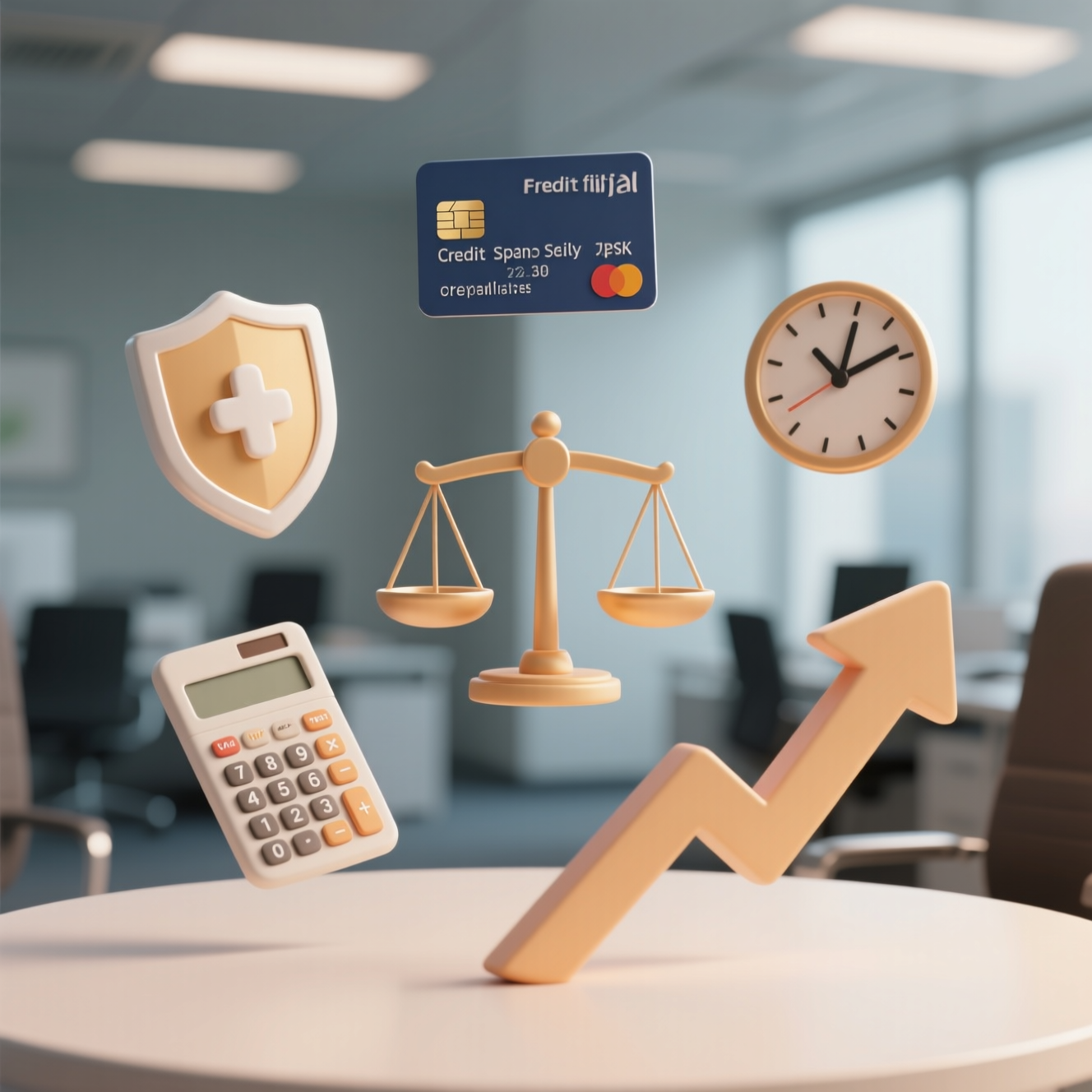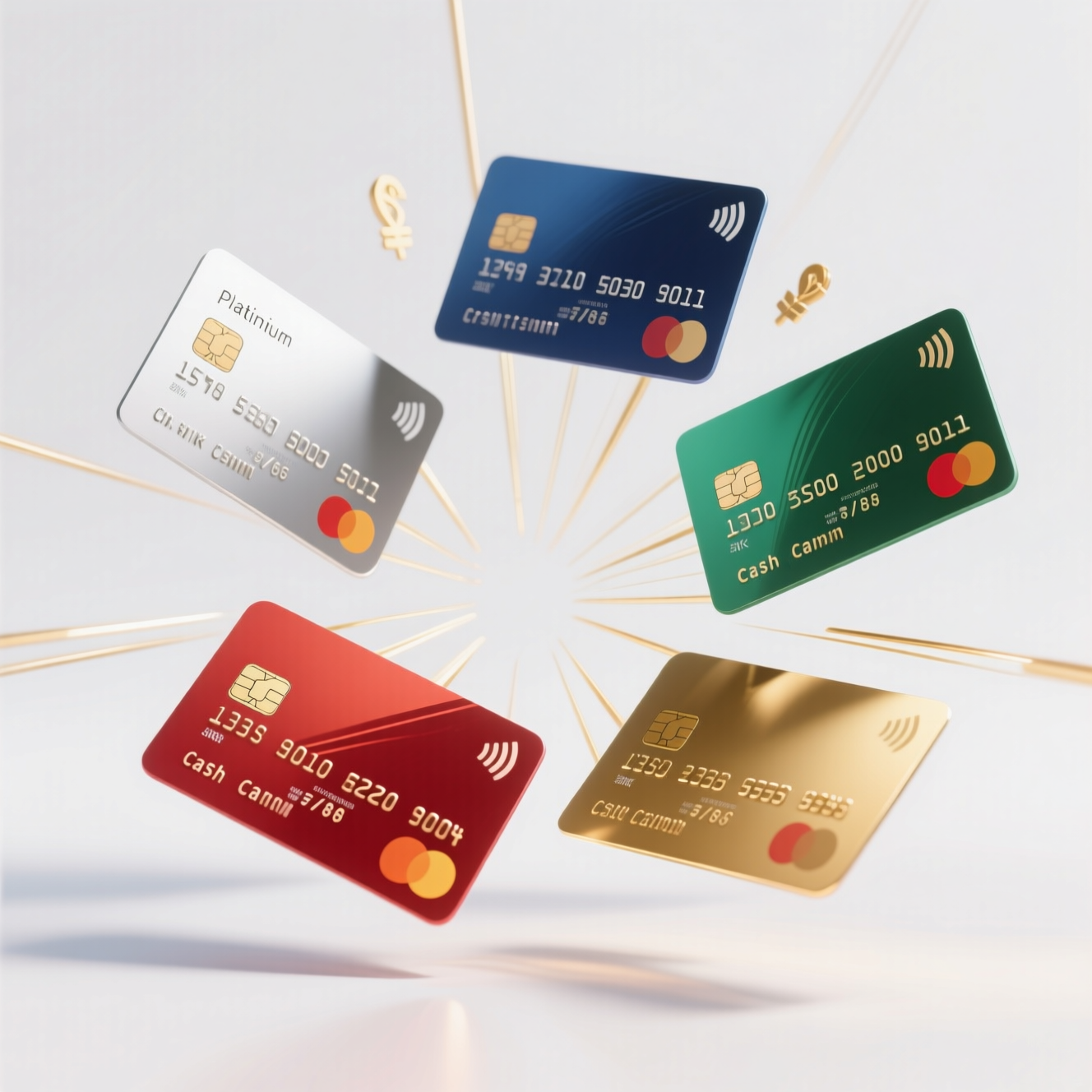Tips on How to Use Credit Cards Responsibly
Credit cards are essential tools in today’s financial landscape, offering convenience and flexibility. They allow for cashless transactions, provide rewards, and help build credit history when used responsibly.
However, they can also lead to financial difficulties if not managed correctly. Understanding the principles of responsible credit card use is crucial for avoiding debt and maintaining a healthy financial life.
The key to making the most of a credit card lies in knowing its terms and conditions, tracking your spending, and paying off balances on time.
Unfortunately, many people overlook these aspects, resulting in high-interest charges, damaged credit scores, and unmanageable debt.
Tips on How to Use Credit Cards Responsibly

Developing good habits and being mindful of your financial limits can help you navigate the potential risks of credit card usage.
This article dives deep into how to use credit cards responsibly, emphasizing the importance of financial education, setting limits, monitoring spending, and understanding the intricacies of credit cards.
Whether you’re a first-time cardholder or looking to refine your financial habits, this guide will help you make smarter decisions.
Importance of Financial Education for Credit Card Use
Financial literacy is a cornerstone of responsible credit card use. Without a proper understanding of how credit cards work, individuals are more likely to misuse them, leading to financial stress and long-term consequences.
Financial education empowers people to make informed decisions, plan their expenses, and avoid falling into common traps.
A well-educated credit card user knows the importance of budgeting and planning expenses. By allocating specific amounts for different needs, they ensure that spending stays within manageable limits.
Moreover, understanding the significance of paying the full invoice on time is vital. Timely payments prevent interest from accumulating and protect credit scores, which are crucial for accessing future financial opportunities.
Educating individuals about credit card use doesn’t just help them in the short term. It builds a foundation for long-term financial health.
Responsible habits developed early can lead to a lifetime of better financial decisions, making individuals more aware and responsible in their choices.
Establishing a Healthy Credit Card Spending Limit
One of the most important aspects of responsible credit card use is setting a spending limit that aligns with your financial situation.
This involves assessing your monthly income, fixed expenses, and discretionary spending to determine how much you can afford to charge to your card each month.
By setting realistic spending limits, you avoid overextending yourself financially. This practice ensures that you can pay off the balance in full each billing cycle, which is key to avoiding interest charges.
Moreover, keeping your credit utilization ratio below 30% of your total credit limit positively impacts your credit score, showing lenders that you manage credit responsibly.
It’s also important to review your budget regularly, especially if your financial situation changes. Adjusting your spending limit as needed ensures you remain in control of your finances and avoid unnecessary debt.
Monitoring and Managing Your Credit Card Spending
Keeping track of your credit card spending is essential for maintaining financial health.
Many people fall into the trap of overspending because they fail to monitor their purchases, leading to balances that are difficult to pay off.
One effective way to manage spending is by reviewing your credit card statements regularly.
This helps you identify patterns, track unnecessary expenses, and spot fraudulent transactions.
Using tools like budgeting apps can also be beneficial, as they allow you to categorize expenses and monitor spending in real-time.
Another important practice is setting reminders for payment deadlines. Missing a payment not only incurs penalties but also negatively affects your credit score.
Staying organized and proactive with your spending habits ensures you stay within your financial limits and avoid unnecessary stress.
Benefits and Advantages of Responsible Credit Card Use
Using a credit card responsibly comes with numerous advantages that can enhance your financial well-being.
When managed wisely, credit cards offer a level of convenience and security unmatched by other payment methods.
One significant benefit is the ability to control expenses. Monthly statements provide detailed records of your spending, which can help you analyze and adjust your budget effectively.
Credit cards also offer added security, protecting you from fraudulent transactions and providing options for dispute resolution if necessary.
Additionally, many credit cards come with rewards programs, cashback offers, and travel benefits. These perks can be highly rewarding if used strategically.
By staying disciplined and using your card only for planned purchases, you can maximize these benefits without falling into debt.
Avoiding Common Credit Card Pitfalls and Mistakes
Despite their benefits, credit cards can become a financial burden if misused. One of the most common mistakes is carrying over a balance from month to month.
This leads to high-interest charges that can quickly snowball into unmanageable debt.
Another frequent error is missing payment deadlines. Late payments incur fees and negatively impact your credit score, making it harder to access financial products in the future.
Being unaware of hidden fees, such as foreign transaction charges or cash advance fees, can also catch users off guard.
To avoid these pitfalls, always read the terms and conditions of your credit card agreement carefully. Understanding your responsibilities and the potential risks will help you use your card more effectively.
Strategies for Paying Your Credit Card Bill on Time
Paying your credit card bill on time is one of the simplest yet most effective ways to maintain a healthy financial life.
To ensure you never miss a payment, consider setting up automatic payments for at least the minimum due. This guarantees that your account stays in good standing, even if you forget the due date.
Another strategy is to schedule reminders a few days before the payment deadline. This gives you time to review your statement and make any necessary adjustments.
Prioritizing your credit card bill over other non-essential expenses is also crucial, as it helps you avoid late fees and interest charges.
How to Use a Credit Card to Build Credit Positively
Building a strong credit history requires consistent and responsible credit card use. Start by choosing a card that matches your financial profile.
For beginners, a secured credit card or one with a low limit can help you develop good habits without the risk of overspending.
Always pay your balance in full and on time to establish a positive payment history. Regularly monitoring your credit score and understanding the factors that influence it can also help you identify areas for improvement.
With discipline and proper planning, credit cards can be a valuable tool for building and maintaining good credit.
Understanding and Comparing Your Credit Card Rates and Interest
Not all credit cards are created equal, so it’s important to compare rates and fees before choosing one.
Pay attention to the annual percentage rate (APR), as higher rates can significantly increase the cost of carrying a balance.
Understanding the different types of fees, such as annual fees, balance transfer fees, and cash advance fees, is equally important.
By choosing a card with favorable terms, you can minimize costs and maximize benefits.
Maintaining a Healthy Credit History Through Responsible Card Use
A healthy credit history opens doors to better financial opportunities, such as lower interest rates on loans and higher credit limits.
To maintain a positive credit history, use your card regularly but responsibly, avoid maxing out your credit limit, and always pay at least the minimum amount due on time.
Richard Lopez, the creator of the website and a professional writer with extensive experience in digital marketing, particularly in personal finance topics. When visiting finance.meu-dominio.com, you’ll find high-quality content guiding you through the subjects that are part of your daily life. Welcome to all!

How Brazilians Can Invest in U.S. Stocks: A Guide to Buying NASDAQ-Listed Shares
For Brazilian investors seeking global diversification, higher growth potential, and exposure to some of the world’s most innovative companies, investing in U.S. stocks — particularly those listed on the NASDAQ — is an increasingly popular and accessible option.

5 tips to use your credit card without getting into debt
Let’s be honest — credit cards get a bad rap. They’re often blamed for spiraling debt, sleepless nights, and financial meltdowns. But here’s the truth: credit cards aren’t the problem. How we use them is.

Best Cash Back Credit Cards of September 2025
As the U.S. economy continues to evolve in 2025—with shifting consumer spending habits, fluctuating interest rates, and increased competition among financial institutions.